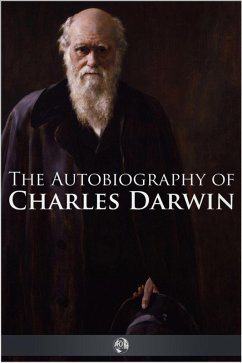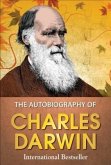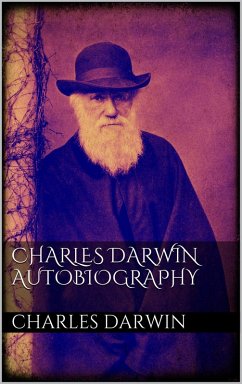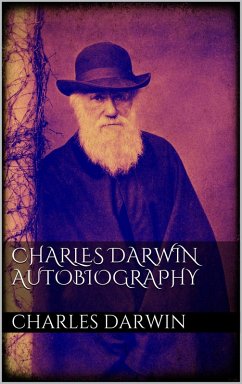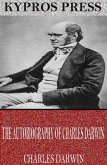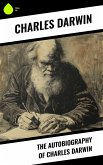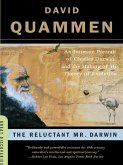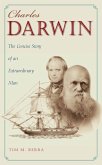The autobiography of one of the most influential people of the modern age. This was taken from writings and letters that Darwin wrote for his family, edited by his son Francis Darwin, and published posthumously.
Dieser Download kann aus rechtlichen Gründen nur mit Rechnungsadresse in A, B, BG, CY, CZ, D, DK, EW, E, FIN, F, GR, HR, H, IRL, I, LT, L, LR, M, NL, PL, P, R, S, SLO, SK ausgeliefert werden.

